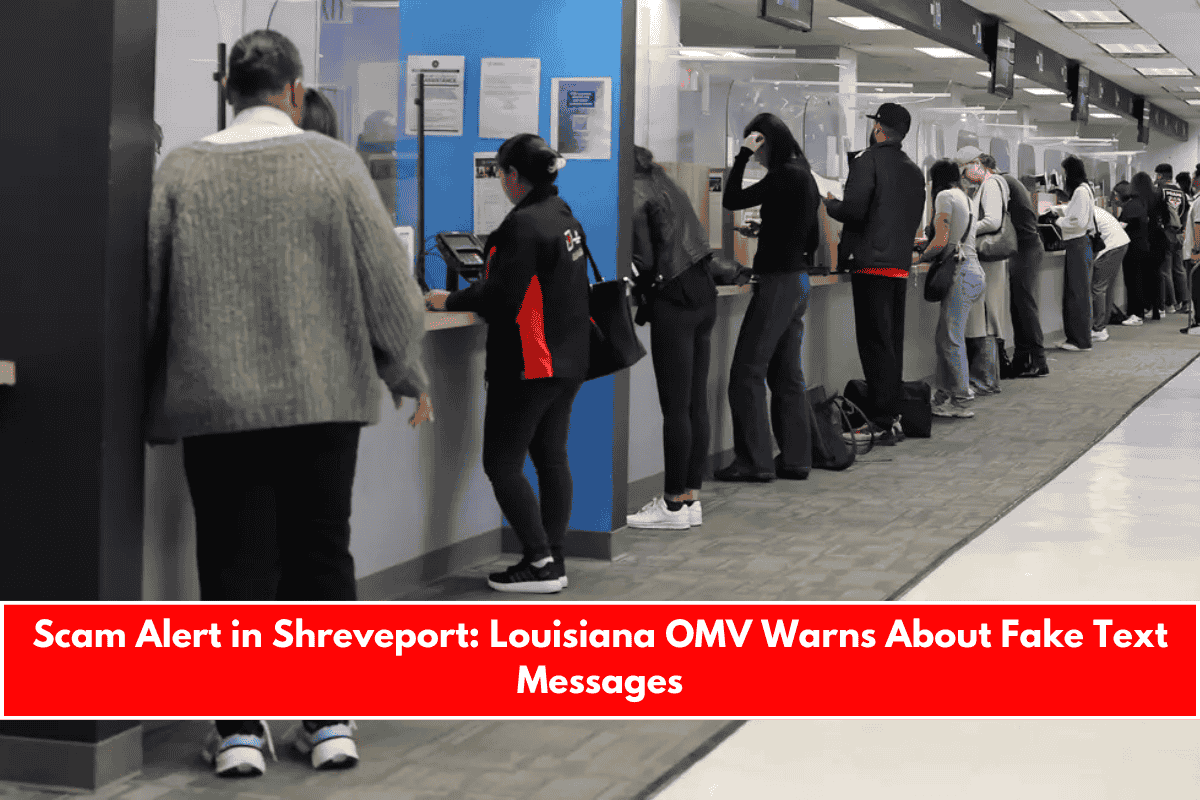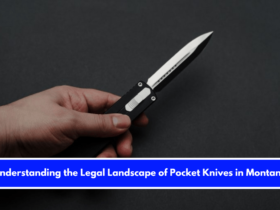Lately, many people in Shreveport have been getting strange messages on their phones. These messages look like they’re from the Louisiana Office of Motor Vehicles (OMV), but they’re not real. Now, the OMV is warning everyone to be careful and not fall for these scams.
These messages are part of a phishing scam. That means someone is pretending to be the OMV to trick you into giving personal or payment information. Here’s what you need to know to stay safe.
What Is the Louisiana OMV Scam Warning All About?
People living in Shreveport and other parts of Louisiana are receiving texts that say they owe money for a road toll. Some of these messages even claim that your driver’s license will be suspended if you don’t pay soon. This can sound scary, especially if you’re not sure whether it’s true or not.
The message usually asks you to call a number or click on a link. But this is where the scam starts. Once you click or call, the scammers may try to steal your money or personal details.
But the truth is: the Louisiana OMV does not send messages like this. They don’t ask for toll payments through text or email, and they never threaten to suspend your license this way.
How Can People in Shreveport Stay Safe?
If you get one of these messages, do not click any links or call the number in the message. Instead, visit the official OMV website — expresslane.org. This is the safest way to check if you really owe anything or if the message is fake.
Even if a message looks official, take a moment to think before you act. Scammers are good at making their messages look real, but there are always signs if you know what to look for.
Common Signs of a Scam Message
The Federal Trade Commission (FTC) has shared some tips to help you spot scams. Here are some common things to watch out for:
- If a message says your account had suspicious login attempts, it might be fake
- If it says your payment info has a problem, be careful
- If it shows an invoice you don’t recognize, don’t rush to pay
- If it says “Click here to pay now,” pause and double-check
- If it claims you’re getting a government refund, be cautious
These tricks are used to make you panic and act quickly. But the best thing to do is slow down and verify the message using the official website or by calling the real OMV number.











Leave a Reply